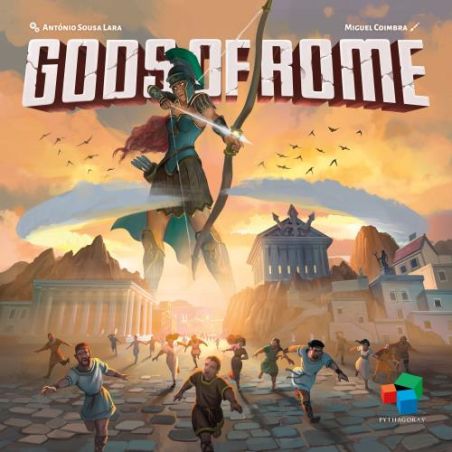
Celtae
En stock
Última unidad en stock


ÚLTIMA UNIDADE EM STOCK
Esta es la última unidad de este artículo, por lo que te recomendamos que la compres online, aunque sea para recogerla en nuestra tienda (Benfica-Lisboa).
Editorial Pythagoras
Idioma



Dependencia del idioma (0-4) ?
Núm. jugadores 1 2 3 4
Tiempo de juego 30 a 60 minutos
Autor Antonio Sousa Lara
Edad mínima 10
Temas Mythology, Religious
Mecánicas Action Drafting, Pieces as Map, Zone of Control
Artículos relacionados
En stock
En stock
En stock
Restock